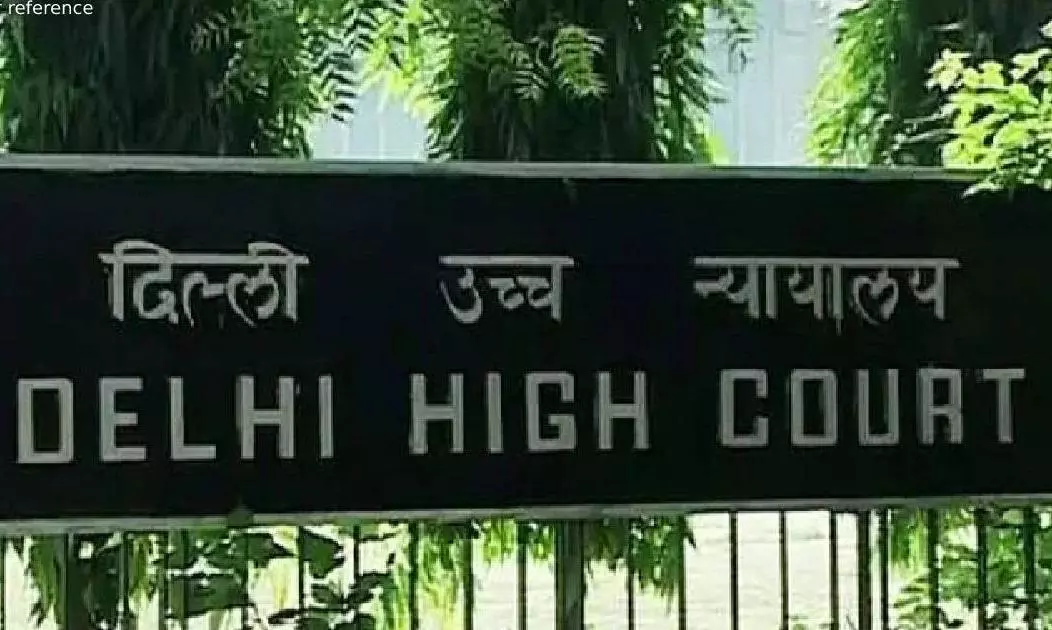
Delhi High Court declines to consider petitions for Uniform Civil Code
text_fieldsNew Delhi: In a ruling on Friday, the Delhi High Court declined to consider a series of petitions that sought the setting up of a Uniform Civil Code (UCC), citing earlier rulings by the Supreme Court that rejected the arguments.
The high court referenced an order from the Supreme Court that found that the legislature alone is responsible for drafting laws and stated that it could not ask the legislature to enact law.
"The Supreme Court order is clear and categorical. We will not go beyond the Supreme Court order. They (Law Commission) don't need us. They are an authority constituted by the Constitution to do it. They will do it," a bench of Acting Chief Justice Manmohan and Justice Mini Pushkarna said.
This prompted lawyer Ashwini Kumar Upadhyay, one of the petitioners, and other petitioners to withdraw their pleas from the high court.
The high court noted that the Law Commission is already seized of the issue and if petitioners wish, they can approach the commission with their suggestions.
The high court had earlier also observed that it "cannot do anything" if the issue has already been decided by the Supreme Court and added that in March, a top court bench had already declined a plea for "gender-neutral" and "religion-neutral" laws filed by Upadhyay.
In April, a division bench headed by the then chief justice had said that Upadhyay's petition was prima facie not maintainable and asked him to place before it the "prayers" made by him before the apex court.
The high court was informed that in March, the top court refused to entertain petitions by Upadhyay in respect of "gender-neutral" and "religion-neutral" laws as it observed that the matter fell in the legislative domain and that in 2015, he had even withdrawn a plea from there in relation to UCC.
Besides Upadhyay's petition, there are four other petitions as well before the high court, which have contended that India "urgently needs a Uniform Civil Code".
The petitioners have contended that gender justice and gender equality, guaranteed under Articles 14-15 of the Constitution and dignity of women, guaranteed under Article 21 of the Constitution, cannot be secured without implementing Article 44 (the State shall endeavour to secure for citizens a UCC throughout the territory of India).
With PTI inputs






















